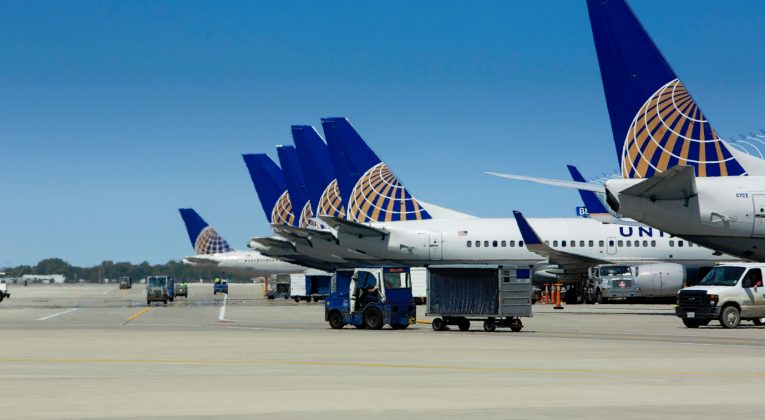As is often the case, bad news for the airlines is good news for consumers.
On Wednesday’s conference call with financial analysts, United announced plans to turn around the carrier’s lackluster operational and financial performance, including capacity increases of between 4 and 6 percent over each of the next three years. In response, stocks of most major airlines plunged.
Flyers, on the other hand, were given reason to cheer.
What drove down stock prices on Wednesday was the prospect of United flooding the market with more extra seats than demand warranted. Which would force United to discount its ticket prices, to maintain near-to-full loads. Which would force other airlines to discount their fares, to remain competitive with United. Which would depress profits industry-wide.
Related:
It’s a vicious cycle for United and its stockholders, but it’s a virtuous cycle for flyers.
The airline industry as a group has been especially well disciplined since the 2007-2008 recession, increasing flights and seats extra-judiciously, maintaining the optimal balance between supply and demand. That has put pricing power squarely in the airlines’ hands and put the industry’s financial performance on solid footing.
But if United’s capacity plan plays out as expected, the airlines’ pricing power will erode. Fare wars will break out. And travelers will pay less to fly.
Stockholders, sell your shares. Flyers, buy your tickets.
After 20 years working in the travel industry, and almost that long writing about it, Tim Winship knows a thing or two about travel. Follow him on Twitter @twinship.
This article first appeared on SmarterTravel.com, where Tim is Editor-at-Large.


